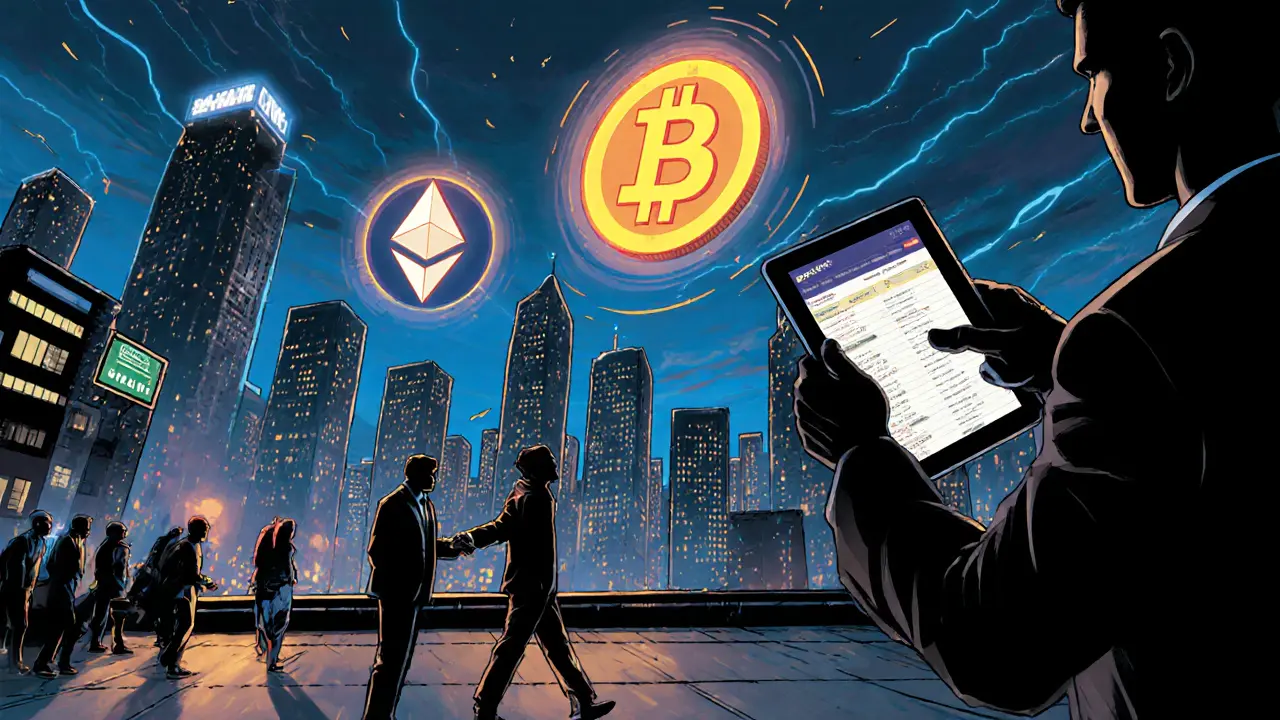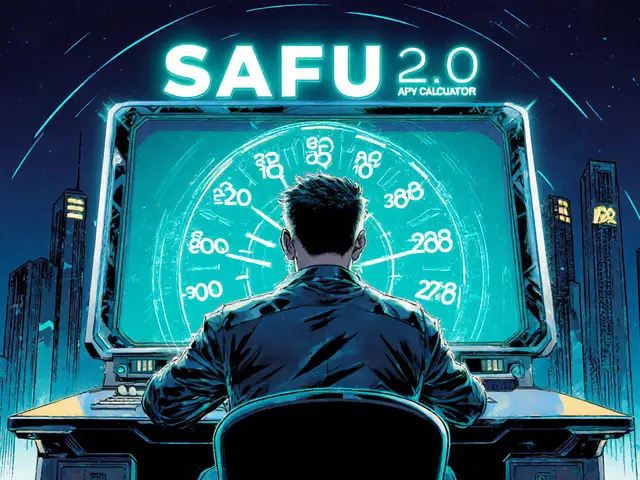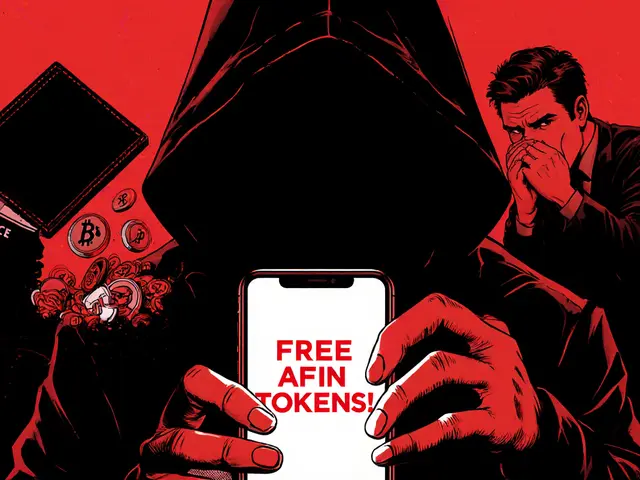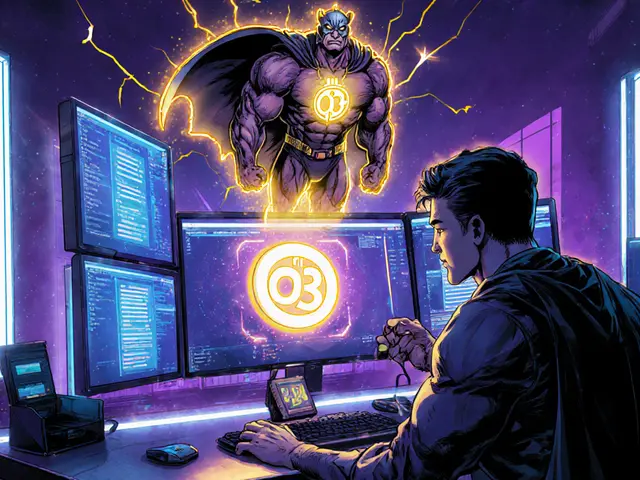Crypto Legalization in Pakistan: Rules, Risks, and Real Updates
When people ask if crypto legalization in Pakistan, the official stance on using Bitcoin, Ethereum, and other digital assets within the country’s borders. Also known as cryptocurrency legality in Pakistan, it’s not just a policy question—it’s a daily reality for thousands trying to send money, trade, or invest outside the traditional banking system. The State Bank of Pakistan banned crypto transactions in 2021, calling them "unlawful" under the Electronic Transfer of Funds Act. But that ban didn’t stop trading. It just pushed it underground. People still use P2P platforms like LocalBitcoins and Paxful. They trade via WhatsApp groups. They use VPNs to access exchanges. The law says no—but the market says yes.
This tension between law and practice is why Pakistan crypto regulation, the set of rules, enforcement efforts, and government statements that define how digital assets are treated legally matters more than ever. The ban wasn’t just a warning—it came with threats of criminal charges for banks that facilitate crypto transfers. But enforcement is patchy. Many users avoid banks entirely. Others use informal hawala networks to move value. Meanwhile, crypto exchange Pakistan, platforms that allow users to buy, sell, or trade digital currencies within or targeting the Pakistani market have no official presence. No licensed exchange operates openly. But that doesn’t mean none exist. Foreign platforms still serve Pakistani users, often with no KYC or with fake IDs—a risky move that could lead to blockchain law Pakistan, the legal framework or lack thereof governing smart contracts, token ownership, and digital asset rights violations.
What’s next? There’s no clear signal from the government. Some officials hint at future licensing. Others warn of crackdowns on crypto-related fraud. Meanwhile, inflation in Pakistan has pushed more people toward Bitcoin as a store of value. Remittances from abroad—over $30 billion a year—are a huge driver. Many workers abroad send crypto to families back home because it’s faster and cheaper than Western Union. So while the law says crypto is illegal, the economy runs on it anyway. The real story isn’t about legality—it’s about survival. And that’s why the posts below matter. They cover what’s actually happening: how traders stay safe, how scams target new users, what happens if you get caught, and how global trends might force Pakistan’s hand. You won’t find a government guide here. But you’ll find what people on the ground are doing right now—and how to avoid the traps.
Pakistan legalized cryptocurrency in 2025 with the Virtual Assets Bill, creating PVARA to regulate digital assets. While holding and transferring crypto is now legal, payments and open trading remain banned. The state-controlled Digital PKR is the real focus.
READ MORE






